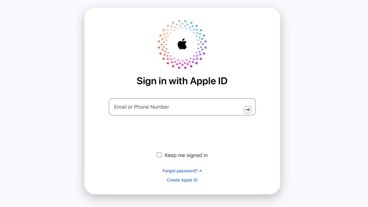Verizon says iPhone deal more likely with advent of 4G network
Although his company snubbed Apple on the first go-round, Verizon's chief executive Ivan Seidenberg now says the chances of an iPhone on his network will be greater once a 4G cellular network is in place.
According to Seidenberg, Apple was never likely to create an iPhone suitable for Verizon's existing network simply because its choice of the CDMA standard for phone calls limited what could be done. While CDMA and its matching EVDO data format are very popular among carriers in North America and are shared with Alltel, Bell, Sprint and Telus (among others), the standards have very little reach outside of the continent. Choosing CDMA may have forced Apple to make a second iPhone model just to accommodate the rest of the world, which has settled on the more popular GSM and HSPA protocols.
That problem goes away with Verizon's choice of Long Term Evolution (LTE) for 4G. Unlike the artificial split between North America and the rest of the world today, a large number of both domestic and international carriers plan to move to LTE within the next few years, including AT&T and T-Mobile USA. The switch will let Apple build iPhones that stay with one core technology but which could be used worldwide with no real compromise and on the majority of US carriers.
Whether or not the network is truly the sticking point Seidenberg claims, however, remains up for debate. Neither Apple nor Verizon has ever discussed it in public, but Verizon is believed to have snubbed Apple early on because it didn't see the viability of the iPhone when it was still far from completion. Just after the introduction of the first iPhone, the carrier spun its apparent loss by claiming that Apple wanted too much control over sales and service. Observers have also speculated that Verizon objected to being denied a chance to customize the interface and choose which features to allow.
Verizon eventually showed signs it regretted the decision as it launched the iPhone-like BlackBerry Storm a year and a half later — with support for both CDMA and GSM.
 Katie Marsal
Katie Marsal










 Mike Wuerthele
Mike Wuerthele

 Malcolm Owen
Malcolm Owen
 Chip Loder
Chip Loder

 William Gallagher
William Gallagher
 Christine McKee
Christine McKee
 Michael Stroup
Michael Stroup






